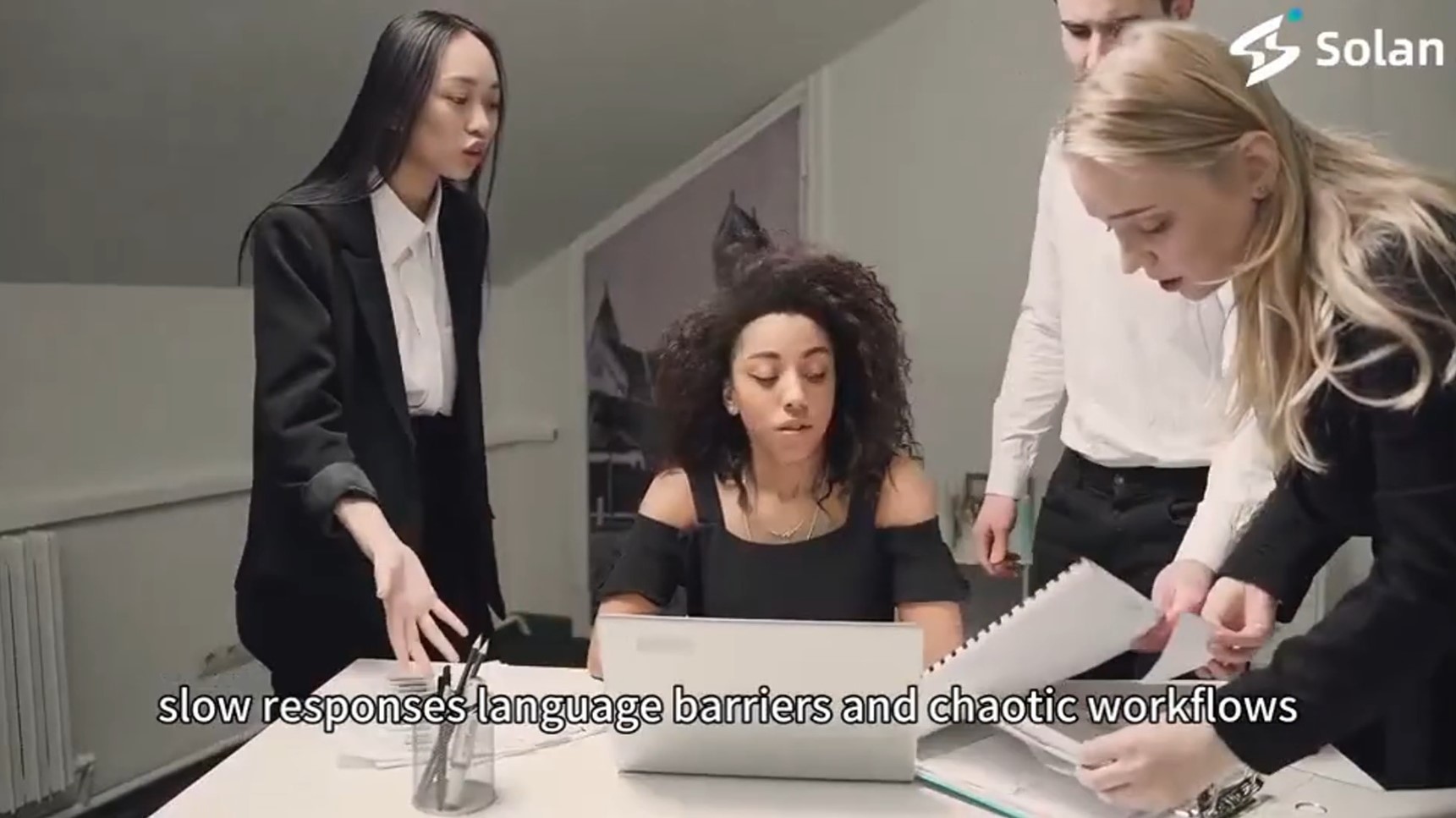 UN Photo/Cia Pak UN Secretary-General António Guterres (at podium) addresses the opening of 78th session of the General Assembly annual debate. (file)
UN Photo/Cia Pak UN Secretary-General António Guterres (at podium) addresses the opening of 78th session of the General Assembly annual debate. (file)
By Daniel Dickinson
It’s the busiest and probably most high-profile week at UN Headquarters in New York, where leaders from across the world come together to discuss global issues or highlight their country-specific priorities.
The 79th session of General Assembly gets underway in mid-September and the centrepiece for many is the annual general debate. But what exactly is it?
Here’s what you need to know about the debate which begins on Tuesday, 24 September:
What is the general debate?
The general debate is the annual meeting in September of Heads of State and Government of the 193 UN Member States. It takes place at the beginning of the General Assembly session, often known as UNGA.
It is usually the first debate of the session and, with the exception of the concurrent high-level meetings, the only one in which Heads of State and Government regularly participate.
 UN Photo/Cia Pak A UN security officer stands at the bottom of the podium stairs in the General Assembly Hall.
UN Photo/Cia Pak A UN security officer stands at the bottom of the podium stairs in the General Assembly Hall.
Is it really a debate?
Not really. The general debate offers the representatives of all Member States (and some other entities) the opportunity to deliver a speech in the hallowed surroundings of the General Assembly Hall.
There is no discussion or debate immediately after any speech. However, Member States do have the right of reply, and this is made in writing by a Head of State. The letter is addressed to the Secretary-General, who will circulate it to all Member States. During the general debate, statements in exercise of the right of reply are made at the end of each day.
The theme for this September session, the 79th, is Leaving no one behind: Acting together for the advancement of peace, sustainable development and human dignity for present and future generations. Decided in broad consultation by the President of the General Assembly, many Heads of State may reference it in their speeches but are not obliged to do so.
 UN Photo/Mark Garten Hugo Chávez (centre), the former Venezuelan President, arrives at UN Headquarters in New York in September 2006. (file)
UN Photo/Mark Garten Hugo Chávez (centre), the former Venezuelan President, arrives at UN Headquarters in New York in September 2006. (file)
Who speaks when?
In current practice, after the opening of the meeting, the UN Secretary-General makes a statement, followed by the President of the General Assembly.
Traditionally, and at least since the 10th session of the General Assembly in September 1955, it has been Brazil that opens the debate. According to the UN Protocol and Liaison Services, initially in the early days of the debate no one State wanted to be the first to speak, and Brazil stepped in on several occasions.
The United States, as the UN’s host country, is next on the podium.
The speaking order of the other 191 Member States is based on criteria such as geographic balance as well as the level of representation and their preference – for instance, a Head of State may not be present in New York at the beginning of the debate.
Other than the Member States, the only others invited to participate are the non-member observer States of Holy See and the State of Palestine as well as the European Union, which has observer status at the UN.
 UN Photo/Marco Castro Former Libyan leader Muammar Gaddafi addresses the General Assembly in September 2009. (file)
UN Photo/Marco Castro Former Libyan leader Muammar Gaddafi addresses the General Assembly in September 2009. (file)
Flashing light, flashing tempers
A voluntary 15-minute time limit for statements is informally suggested during the general debate, and speakers are discreetly alerted by a red-flashing light when their time is up, although they are never interrupted or stopped.
The key word here is voluntary, and many, if not most, Heads of State speak for longer.
Former Cuban leader Fidel Castro still has the record dating back to 1960 for the longest ever speech famously clocking in at 269 minutes, or just under four and a half hours, after promising “we shall do our best to be brief.”
There have been other long and very long speeches, but ones perhaps more notable for content rather than length.
 UN Photo/J. Carrier Prime Minister Benjamin Netanyahu of Israel addresses the General Assembly in September 2012. (file)
UN Photo/J. Carrier Prime Minister Benjamin Netanyahu of Israel addresses the General Assembly in September 2012. (file)
In 2006, amid rising tensions between the US and Venezuela, the latter’s President Hugo Chávez called then-US President George W. Bush “the devil” from the podium.
In 2009, the late Libyan leader Muammar Gaddafi delivered a scathing 100-minute-long speech highly critical of the UN Security Council and the veto power of the five permanent members
Israeli Prime Minister Benjamin Netanyahu held up a cartoon representation of a bomb in 2012 to warn the world that Iran was just months away from being able to build a nuclear weapon.
And former US president Donald Trump in 2017 threatened to “totally destroy North Korea”, disparagingly referring to its leader Kim Jong Un as “Rocket Man”.
The gavel, the walk-out
The first general debate took place in 1946 and over the intervening almost 80 years, plenty of tradition, pomp and circumstance and a few myths have become associated with the event.
The gavel, which was gifted to the UN in 1952 by Iceland is used to mark the beginning of the morning and afternoon sessions of the general debate and, when necessary, also to retain order.
It was used to try and silence the then leader of the Soviet Union Nikita Khrushchev who, so legend has it, took off his shoe and banged it on the rostrum to forcefully make his point.
Sometimes diplomatic decorum is upended when whole delegations decide to leave the General Assembly Hall to protest against the views and actions of another Member State, although in recent years, it has become common enough not to shock.
Israel regularly protests Iran’s speech and vice-versa.
 UN Photo/Manuel Elías María Fernanda Espinosa Garcés (right), President of the 73rd General Assembly session, holds the gavel after the handover from Miroslav Lajčák (centre), President of the 72nd session, with Secretary-General António Guterres in 2018. (file)
UN Photo/Manuel Elías María Fernanda Espinosa Garcés (right), President of the 73rd General Assembly session, holds the gavel after the handover from Miroslav Lajčák (centre), President of the 72nd session, with Secretary-General António Guterres in 2018. (file)
How to follow the general debate
While the debate is not open to the public, all proceedings are available live and on demand at UN Web TV.
All general debate speeches are available in the UN’s Dag Hammarskjöld Library.
Many of the 78 previous general debates, or highlights from them, are available at the UN Audiovisual Library.













